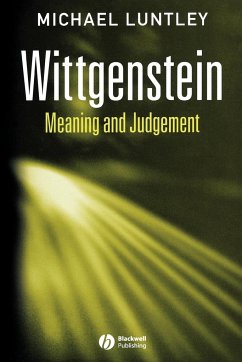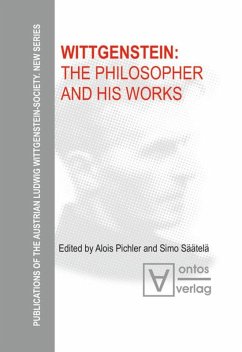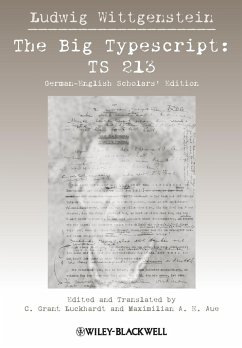
Wittgenstein
Opening Investigations
Versandkostenfrei!
Versandfertig in über 4 Wochen
100,99 €
inkl. MwSt.
Weitere Ausgaben:

PAYBACK Punkte
50 °P sammeln!
In this provocatively compelling new book, Michael Luntley offers a revolutionary reading of the opening section of Wittgenstein's Philosophical Investigations
* Critically engages with the most recent exegetical literature on Wittgenstein and other state-of-the-art philosophical work
* Encourages the re-incorporation of Wittgenstein studies into the mainstream philosophical conversation
* Has profound consequences for how we go on to read the rest of Wittgenstein's major work
* Makes a significant contribution not only to the literature on Wittgenstein, but also to studies in philosophy of language
* Critically engages with the most recent exegetical literature on Wittgenstein and other state-of-the-art philosophical work
* Encourages the re-incorporation of Wittgenstein studies into the mainstream philosophical conversation
* Has profound consequences for how we go on to read the rest of Wittgenstein's major work
* Makes a significant contribution not only to the literature on Wittgenstein, but also to studies in philosophy of language













